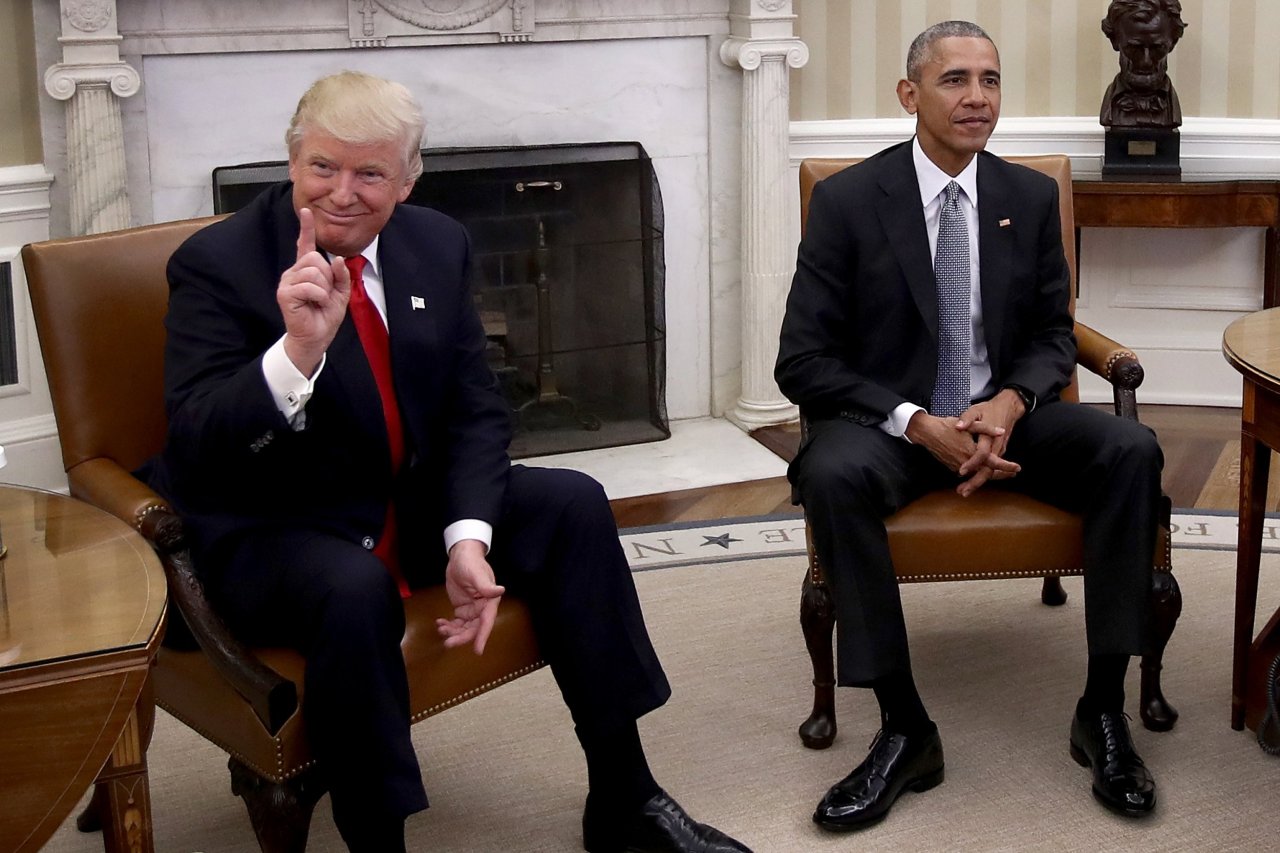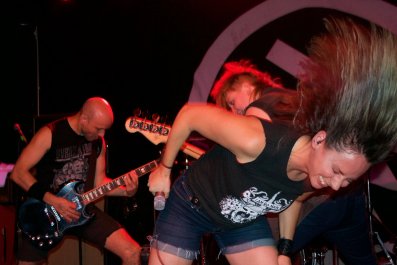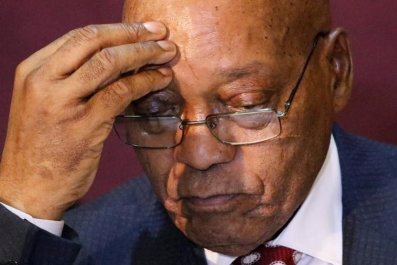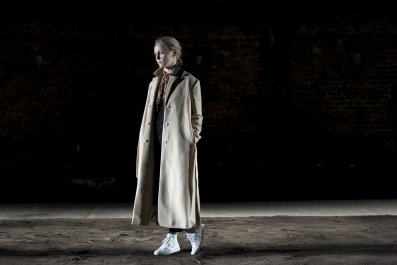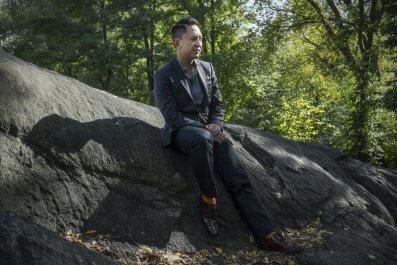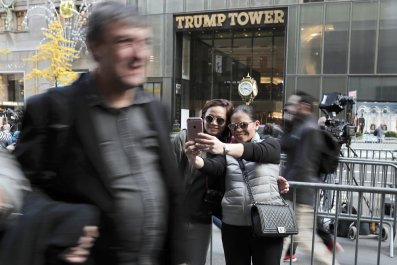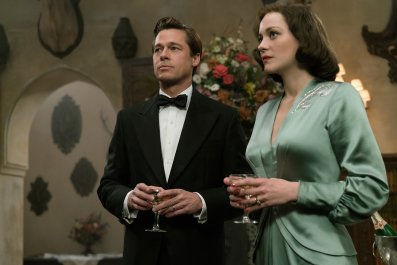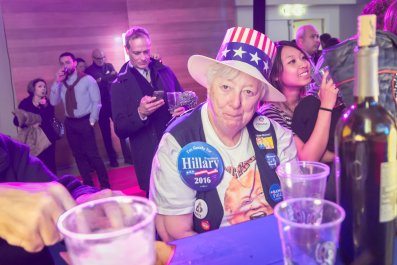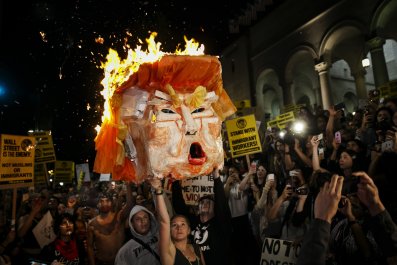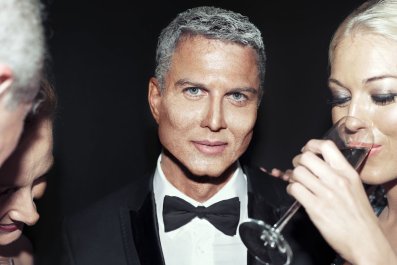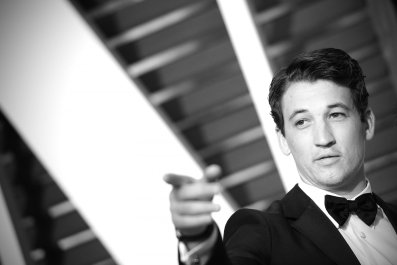In tech startup–speak, Donald Trump is a 1, and Hillary Clinton probably lost the presidential election because she's a 2.
And no, those numbers have nothing to do with the president-elect's hand size or the way Clinton rocks a pantsuit.
The designation correlates to the way their brains work as executives. Just about every wildly successful tech founder is a 1, from Steve Jobs and Bill Gates to Mark Zuckerberg and Elon Musk. By contrast, the kind of spreadsheet-wielding, jargon-loving managers who hang their MBA degrees on the wall are probably 2s. It may surprise you that Trump lands in the 1 bracket, but read on.
The 1-2 construct comes from Ben Horowitz, a founding partner at Andreessen Horowitz and author of the best-selling management book The Hard Thing About Hard Things. It also jibes with what I've heard from investors about startup founders for two decades, and it makes for an interesting lens to put on Trump as he assembles his team and starts to learn the difference between the nuclear strike button and the White House garage door opener.
Related: What Donald Trump could learn from The Wizard of Oz
Horowitz talked to me about his concept a few years ago, when I was working on a book about brain science. He's become known around Silicon Valley as someone who's great at spotting CEO talent, and he believes there are two types of people in the top ranks of companies: 1s and 2s. Both are naturally predisposed to be that way. A 2 almost never becomes a 1.
The 1s are predictive and intuitive, based on a deep well of knowledge about a specific field. This is the kind of thing Malcolm Gladwell described in his book Outliers—it's the expert who practices his or her craft for at least 10,000 hours and can look at a problem and just know the answer. These 1s are able to predict how things will turn out better than anyone else. Their brains don't take the time to sort through mountains of data and weigh various possibilities. The 1s build an efficient model in their heads of their company or specialty and use it to quickly act. It's like the difference between an amateur piano player who has to read every note and needs to think where each finger goes versus an experienced jazz musician who can hear a change and improvise on the fly.
"When we invest in companies, I'm looking to see if the company has somebody who has that speed and quality of decision-making," Horowitz told me. "They need to be a 1, not a 2."
The 1 founders tend to be bullheaded and courageous. They tell people what they think, not what they think they're supposed to say. They're sometimes thought to be nuts, believing in grandiose visions—like Gates saying in the 1980s, when most people never operated anything more complicated than a toaster, that he was going to put a computer on every desk. Or like someone saying he's going to build a wall along the Mexican border.
The 2s are very important in any company. In fact, 1s need 2s. The 2s are detail people. They get things done. They are wonks. They wallow in data and love it. In fact, they can become crippled by input and data, never satisfied they know enough. That means they can miss the forest because they're studying every leaf. "They lack confidence in their intuition," Horowitz said. "When does 'We think this is right' beat 'We know this right'? For a 2, it's never."
If a 2 becomes a CEO, he or she might competently run the company but rarely leads it to greatness. Gates was a 1, yet his successor, Steve Ballmer, was a 2—and under Ballmer, Microsoft's stock flatlined for a decade. Jobs was an obvious 1. Current CEO Tim Cook very much seems to be a 2, so we'll see how that turns out. Zuckerberg, a 1, needs Sheryl Sandberg, who seems to be his 2. But if that's true, then you might want to sell your Facebook stock if Zuckerberg hands off to her.
Put all that together, and Trump looks a lot like a 1. Trump ran his campaign on instinct and vision. By most accounts, his actions in business also look very 1. "When I hire people, I interview them for 20 minutes, or 10 minutes, or three minutes, and I hire them," Trump once told gossip columnist Liz Smith, as Politico noted. Here's another take on Trump as an executive: "There was no formal business plan, no development strategy," Gwenda Blair wrote in her book The Trumps. "Instead, Donald would come up with ideas, do the preliminary calculations in his head, then tell someone to get moving on it."
Clinton seemed to run her presidential campaign on data and details. The public no doubt sensed it. Maybe half the population was disturbed by Trump, but Trump supporters were inspired by him. The half that wanted Clinton mostly did so with a shrug. She's competent. She would be a good caretaker. She's a 2.
But now we have a wee problem. Trump's instinct and the 10,000 hours that went into his brain modeling—that's all specific to a certain capability. Trump is a 1 at selling Trump. It's what he's done all his life, and he just knows how to do it. It turned out to be a great asset for a presidential campaign, which was all about selling himself to the voters. But it's not clear he can be a 1 as a president. He has no brain model in that field to work from. The instantly reflexive jazz pianist can't easily step out of that role and excel at conducting a philharmonic. Michael Jordan, perhaps the greatest intuitive 1 basketball player, sucked as a basketball executive for his first 15 years at it (see: Charlotte Bobcats' 7-59 record in 2011 to 2012). If Trump can't translate his 1 characteristics to the White House, he might become the Jordan of presidents—and not in a good way.
If you use Horowitz's lens to look at past presidents, it seems that Ronald Reagan and Bill Clinton were 1s. Jimmy Carter, known for pouring through briefings late into the night, seems like a classic 2. In each case, voters probably understood what they were getting before Election Day. But there's no precedent for Trump. Voters bought him as a 1; he'll never be a 2, but there's a chance he'll be neither as president. He could be a 0.
So Trump rates as exactly the kind of CEO that venture capitalists love to fund. He should run a startup. Too bad that's not the job he's getting ready to do.
Read more from Newsweek.com:
- How Donald Trump surfed public anger to the presidency
- Donald Trump's risky business could lead to crisis
- Under Trump, what will happen on guns?



